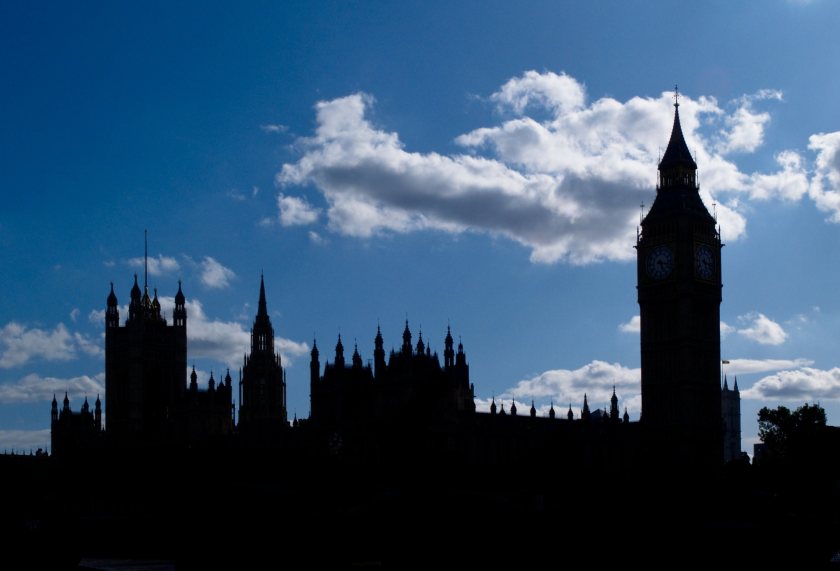Spending review: £2.7bn farming budget masks real-term cuts, experts say

The government’s headline pledge of £2.7 billion a year for farming and nature has been cautiously welcomed, but rural experts warn it may actually amount to a funding cut.
Labour's latest spending review, announced today (11 June), has committed to investing over £2.7 billion per year in sustainable farming and nature recovery from 2026–27 through to 2028–29.
However, key figures in the rural sector say the headline numbers mask underlying reductions and unanswered questions.
Land and property consultancy business Strutt & Parker responded to the announcement with caution, highlighting that while the commitment appears positive on paper, the details remain thin.
“It’s hard to decipher the exact implications of the spending review for Defra,” said Jason Beedell, rural research director at the company.
“The government says it will invest more than £2.7 billion per year in sustainable farming and nature recovery from 2026–27 until 2028–29.
"Of this, £2.3bn will be funnelled through the Farming and Countryside Programme, which includes the Environmental Land Management schemes.
“But given the National Audit Office reported in June 2024 that Defra had committed to spend £2.4bn a year on the farming sector between 2020–21 and 2023–24, that appears to be a cut of around 4%.
"While the government also states that farmers will get up to £400m from additional nature schemes, what they are is not specified. It feels like we need more detail.”
Mr Beedell added that further clarification is needed on how individual schemes – such as the Sustainable Farming Incentive (SFI) – will be affected.
He noted that Defra has already indicated the reworked SFI will likely focus on supporting smaller farms.
The spending review also confirmed a 10% real-terms cut to Defra’s administration budget, bringing it in line with other government departments.
Mr Beedell expressed hope that part of this reduction could be offset by investment in resolving long-standing IT challenges within the department.
“It is interesting to note the government’s ambition to drive efficiencies by introducing a common grants platform – and possibly a single grants delivery body – to handle grants and payment administration.
"A single platform makes sense in principle to streamline delivery and reduce duplication. However, experience shows that the roll-out of new digital systems can bring short-term challenges and it will be important that any transition is carefully managed to minimise disruption for farmers.”
He concluded with a call for long-term certainty in agricultural policy: “Farmers are operating in a radically different policy environment to five years ago. Long-term clarity is what businesses now need to plan, invest, and build resilience.”
Responding to today's review, NFU President Tom Bradshaw welcomed the protection of the farming budget, but raised fears over real terms cuts.
“Relentless NFU lobbying and leadership, convening agriculture and environmental groups, has seen the agriculture budget protected against rumours of significant cuts," he said.
“I am pleased the government has listened, and credit should go to Defra Secretary of State Steve Reed for his work in maintaining a budget against such a tough financial backdrop.
"However, many big questions still need to be answered. In this age of insecurity, will this government now recognise that food security is a critical part of national security?
“How will the government realise all of its ambitions for the natural environment with a budget that's been cut in real terms?”








